Tipu Sultan, renowned as the Tiger of Mysore, held significant authority as a prominent leader in South India during the latter part of the 18th century. In an ambitious endeavor to capture the multi-faceted legacy of Tipu Sultan, Government College University (GCU), meticulously crafted a two-hour theatrical masterpiece titled “Sher-e-Mysore.”
As an avid theatre enthusiast, I was captivated by the immersive experience offered by the play “Sher-e-Mysore,” which delved into unexplored realms of history and culture. It took me on a mesmerizing journey to discover lesser-known aspects of Tipu Sultan’s life, reign, and the era in which he lived. I was able to witness the complexities of Tipu Sultan’s character, his strategic brilliance, and his relentless pursuit of independence.
The play provided a unique opportunity for me to explore the cultural milieu of that period. It showcased the rich traditions, customs, and values prevalent during Tipu Sultan’s reign, transporting me back in time to experience the vibrant tapestry of Mysore’s society. The opulent decors, accompanied by enchanting music, added to the immersive atmosphere, creating an unforgettable theatrical experience.
What truly impressed me about “Sher-e-Mysore” was its ability to intricately weave together the vibrant threads of language, music, and art. The skillful employment of fourth wall breaks added depth to the storytelling, engaging me on a profound level. I felt connected to the profound ethos that shaped Tipu Sultan’s visionary aspirations, gaining a deeper understanding of his impact on Indian history.
Through its powerful storytelling and exceptional theatrical performances, the play not only entertained but also challenged my preconceived notions and stereotypes about Tipu Sultan. It encouraged me to form a more nuanced perspective of his legacy, fostering a sense of curiosity and inspiring further exploration.
As I reflect on my experience, I realize that “Sher-e-Mysore” went beyond being just a theatrical production. It served as a medium to ignite conversations, provoke thought, and forge a personal connection between the audience and the historical figures depicted on stage. It stirred my emotions, evoked contemplation, and left a lasting impression.
I am grateful to have had the opportunity to witness such a remarkable production that brought the untold stories of Tipu Sultan to life. “Sher-e-Mysore” expanded my understanding of history, leaving me with a profound appreciation for the contributions of this remarkable historical figure.
In conclusion, “Sher-e-Mysore” stands as a testament to the power of theatre to enlighten, inspire, and transform. It personalized the history of Tipu Sultan, leaving an indelible mark on my journey as a theatre enthusiast and a seeker of knowledge.
The man behind the curtains: Sameer Ahmed
After the play, I had the privilege of engaging in a conversation with Sameer Ahmed, the man behind the remarkable production. Talking to him proved to be an enlightening experience as he graciously shared his profound insights into the play.
In our conversation, Sameer Ahmed provided me with a wealth of information and behind-the-scenes anecdotes that further enriched my understanding of the production.
About Tipu Sultan
- Tipu Sultan
Tipu Sultan fiercely resisted British colonialism and fought against the British East India Company to protect the sovereignty and independence of his kingdom. Known for his innovative use of rocketry and modern weaponry, Tipu Sultan earned the nickname “The Rocket Man.”
He implemented administrative and economic reforms, promoted agricultural growth, and modernized his army and navy. Despite his valiant efforts, he was ultimately defeated in the Siege of Srirangapatna in 1799 and died defending his capital city. Tipu Sultan’s reign is remembered for his military prowess, administrative achievements, and his support for art and culture.
Imperfections of Tipu Sultan
From him, I learned, Tipu Sultan, despite his accomplishments and valiant efforts against the British, had certain flaws that hindered his success. One of his major shortcomings was the failure of diplomacy. While he nearly defeated the British, had he emerged victorious, it would have undoubtedly altered the course of Indian history.
However, Tipu Sultan was unable to isolate his enemies effectively. He had to confront multiple adversaries simultaneously, including the British East India Company, the Nizam of Hyderabad, and the Maratha Confederacy. The lack of unity among these factions worked to the advantage of the British. Ultimately, the Marathas joined forces with the retreating British, providing them with much-needed ammunition.
Clash of Empires: Mughals vs. British
During our conversation, Sameer Ahmed further elaborated on the stark contrast between the evolving democratic system in Britain and the despotic nature of Mughal rulers during Tipu Sultan’s era. He highlighted that Mughal rulers held absolute power, making decisions without seeking input from the common people. In contrast, Britain was experiencing a political evolution with the establishment of stronger institutions.
Sameer Ahmed emphasized that the political landscape in India during that time lacked the foundation of a well-developed democratic system. The absence of such institutions limited the extent to which one individual, like Tipu Sultan, could reshape the course of history. Additionally, he pointed out that Tipu Sultan’s story reached its conclusion with his untimely death, preventing him from making a further political impact.
Original Plays vs Adaptations
When we discussed the dearth of original plays and adaptations with Sameer, he acknowledged the prevailing colonial mentality that favored European plays, particularly those by Shakespeare. However, he passionately expressed the significance and purpose of original plays in their own right.
According to Sameer, the creation of original works enables playwrights to delve into unique narratives and explore perspectives that are often underrepresented. By doing so, they can shed light on diverse cultures, experiences, and histories, fostering a more inclusive and equitable artistic landscape. It is through original plays that we can challenge the dominance of European stories and provide a platform for voices that have long been marginalized.
In a world where history, culture, and art converge, the play “Sher-e-Mysore” and the invaluable insights shared by Sameer Ahmed stand as a testament to the transformative power of storytelling. They illuminate the multifaceted life of Tipu Sultan and the intricate web of historical context that enveloped him.
Through the medium of theatre, “Sher-e-Mysore” transcends entertainment, becoming a catalyst for introspection and a bridge to the past!



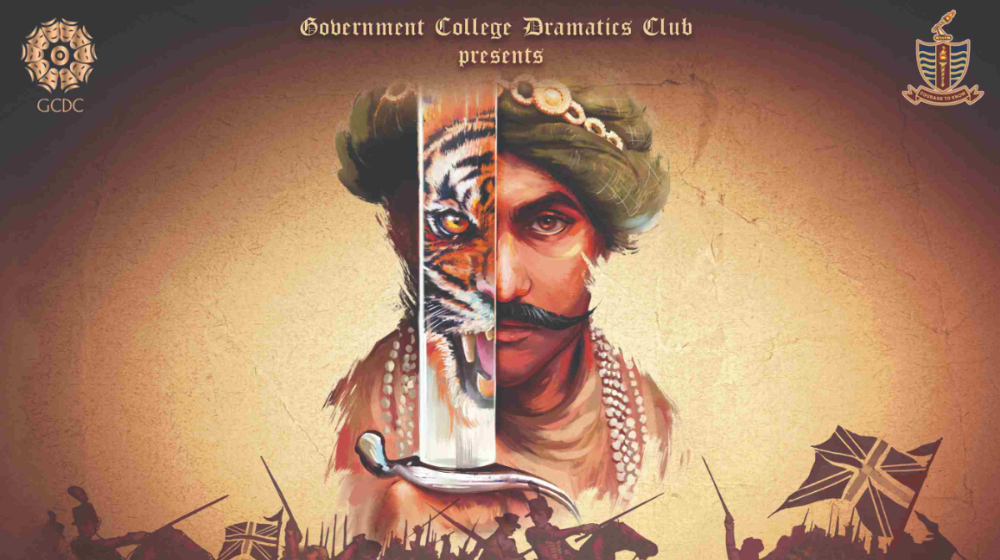
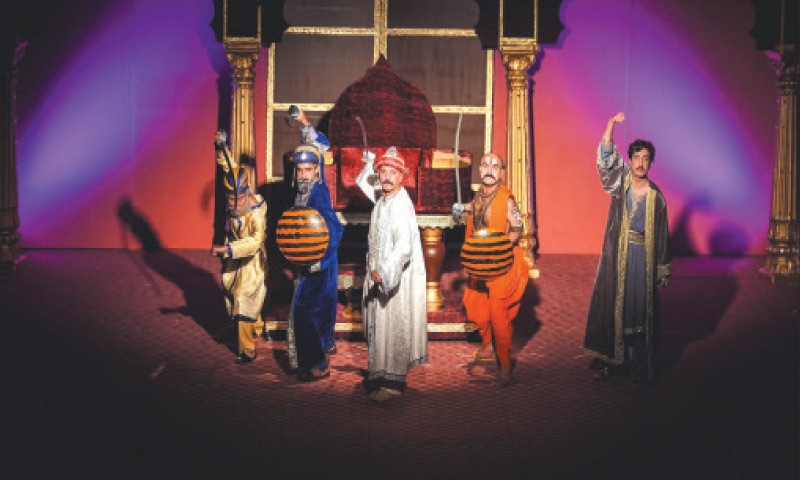
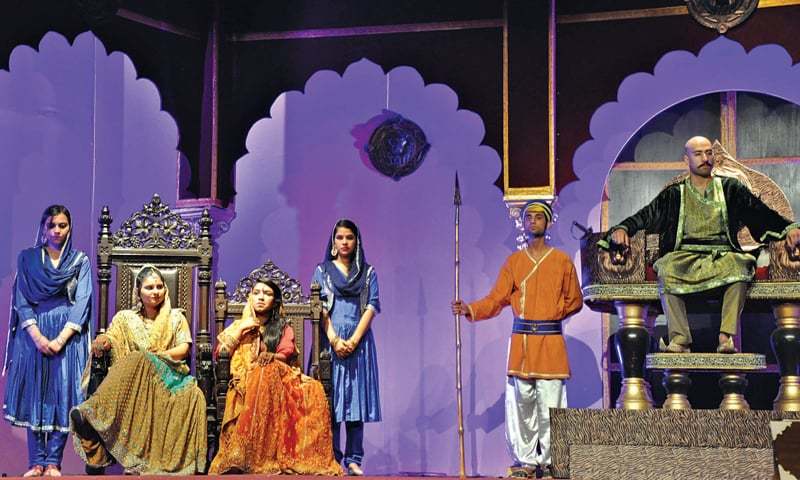
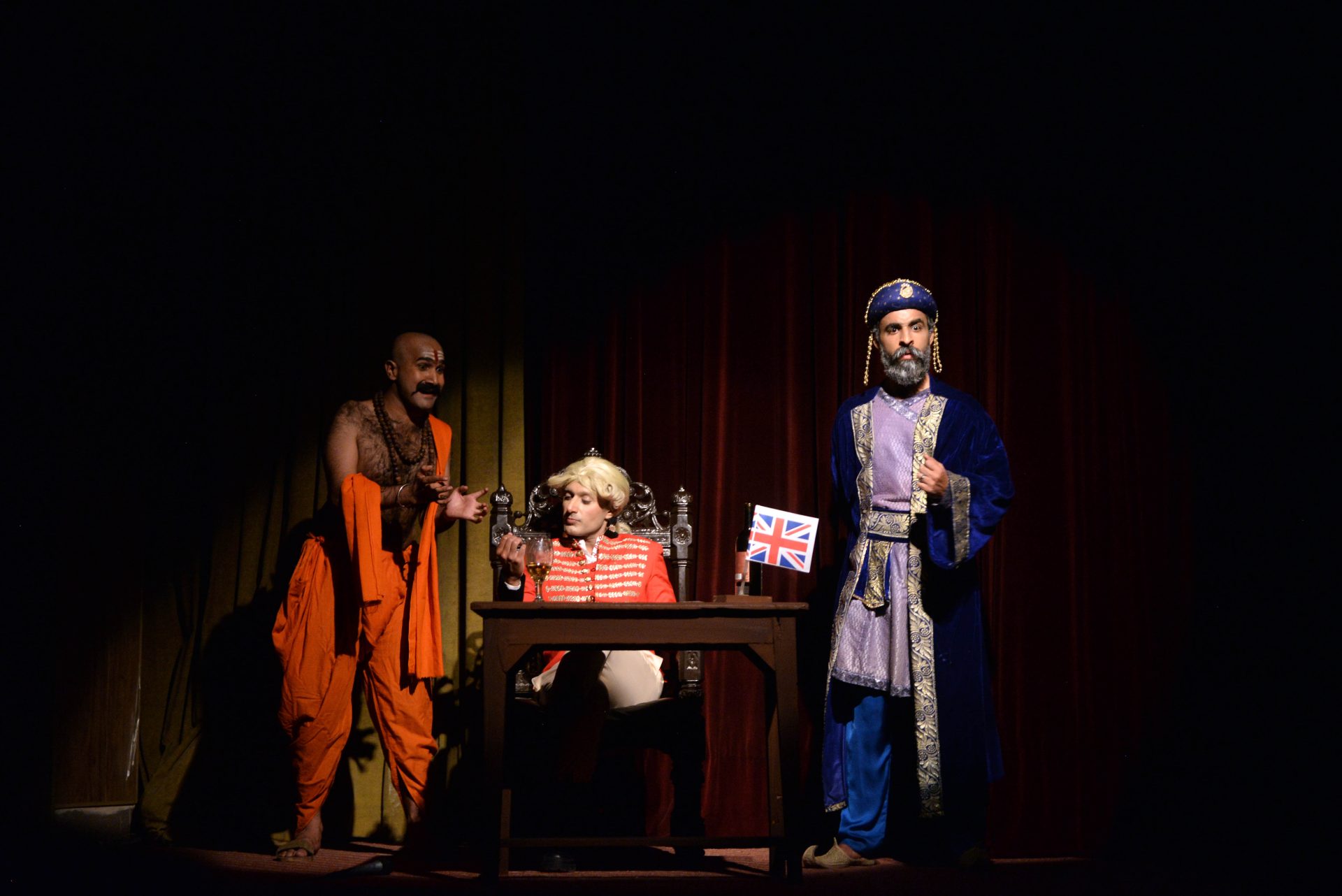
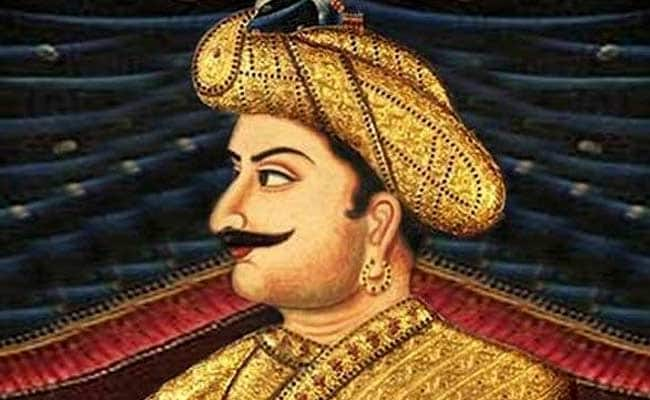
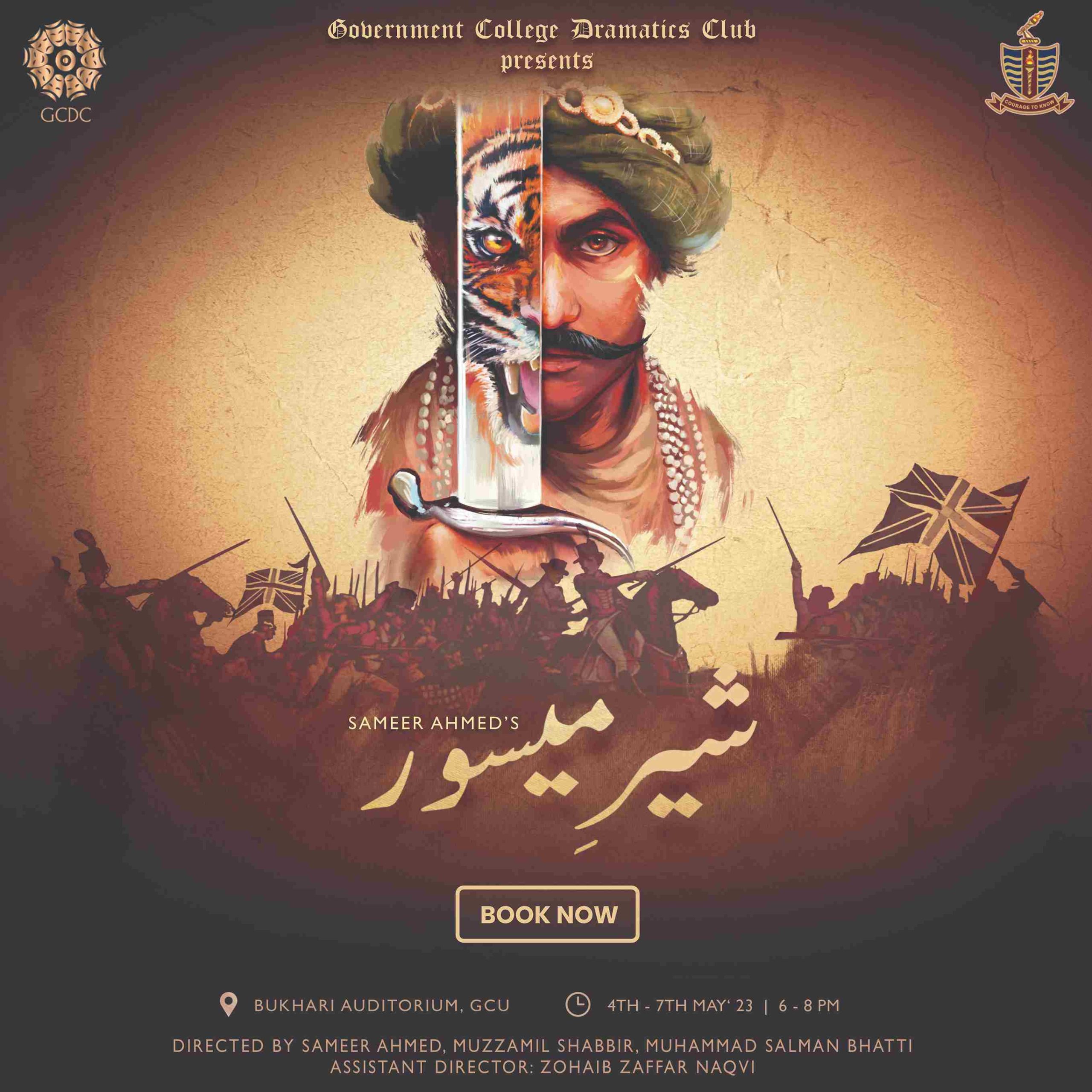
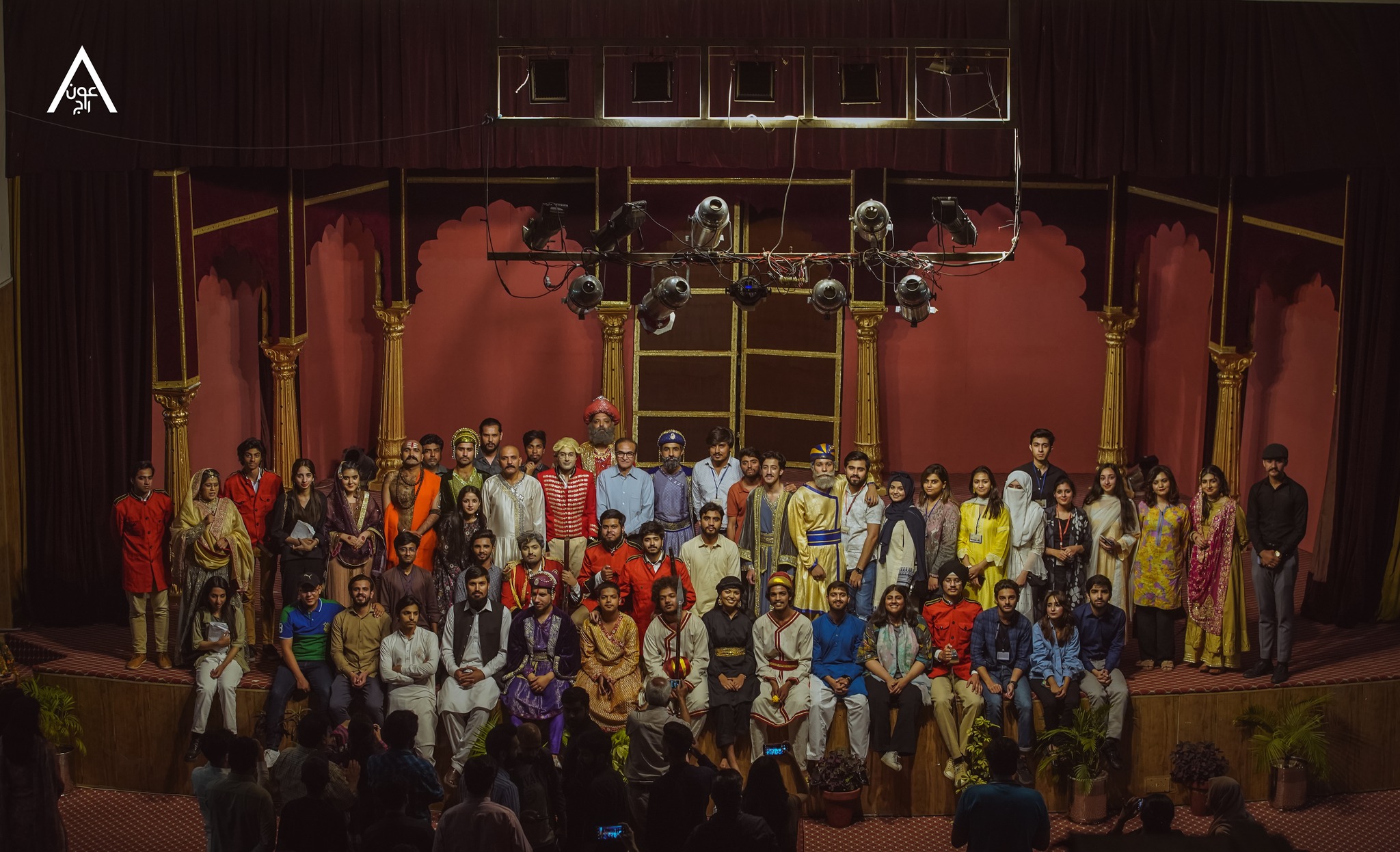





You have dipcted the Sher e Maysore theatre persomance very well.
“Sher-e-Mysore” a masterpiece & Dr Sameer Ahmad is a magician.
No need to glorify a murderer and a inhuman islamist…… turning a blind eye to his barbaric nature will not do any good. India wants to forget him forever. So be it.